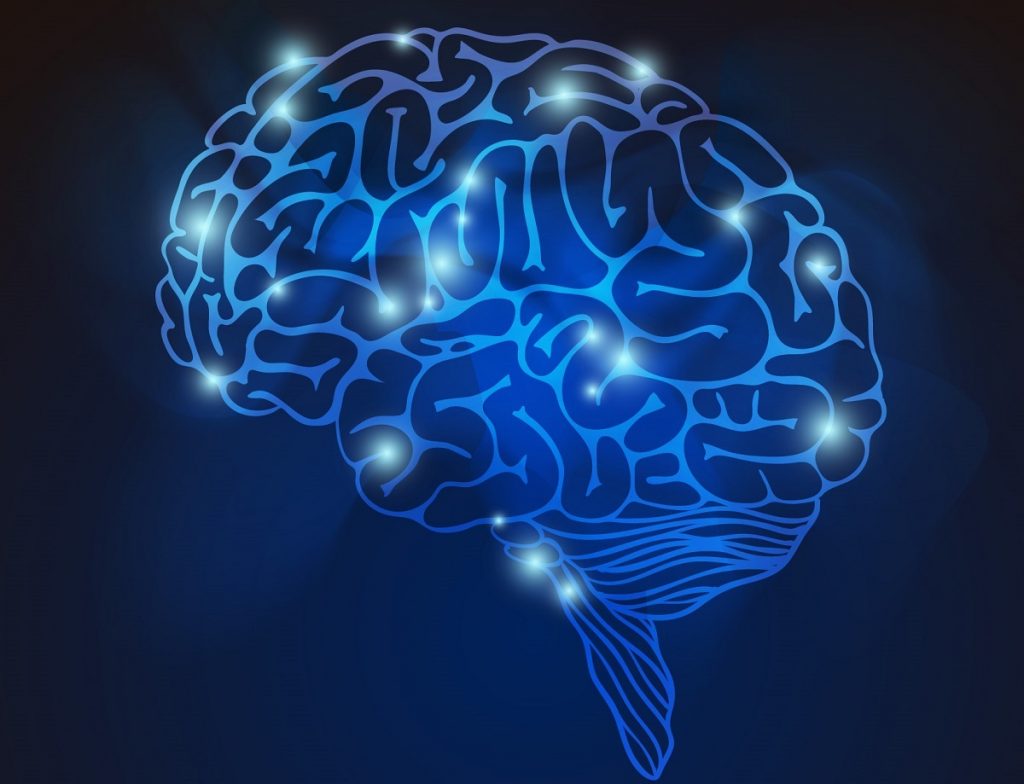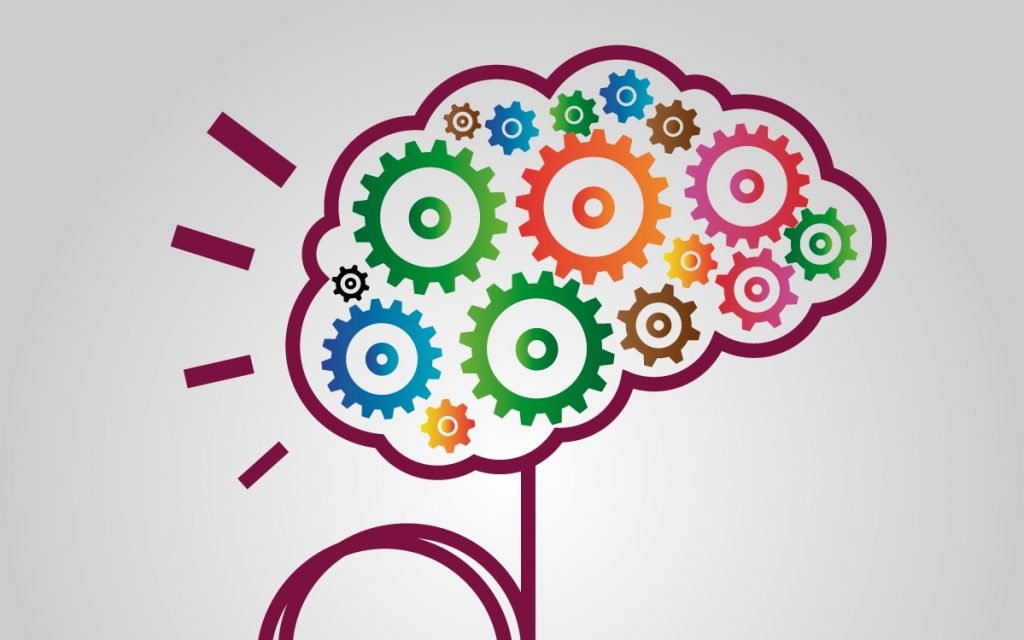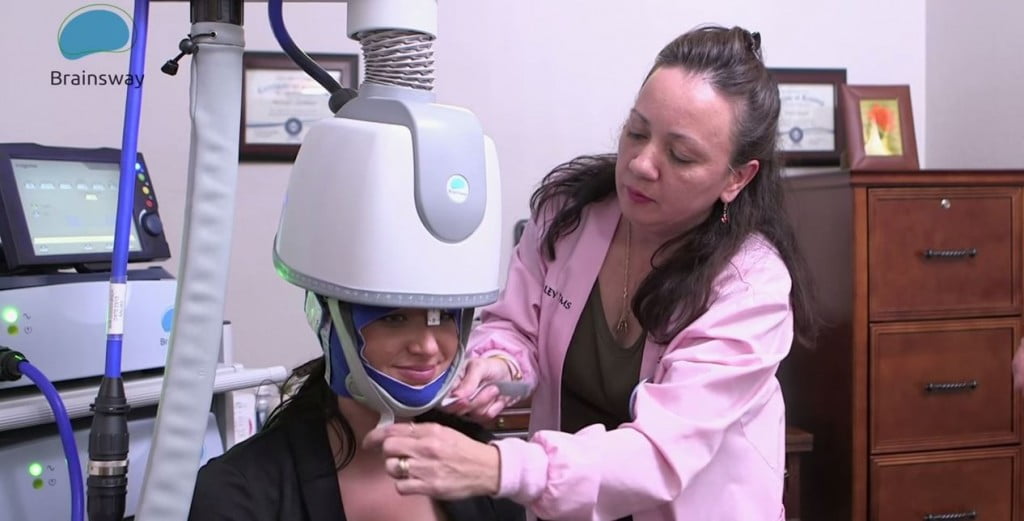The human brain is the most powerful computer in the world, capable of storing 2.5 petabytes of information (a million gigabytes) with information traveling through at speeds of around 260 miles an hour. According to recent research, the brain is at least 10 times more powerful than originally thought. And that popular concept that humans use just ten percent of our brain capacity? That’s a myth.
But despite its extraordinary powers, the brain is not indestructible. Diseases such as Alzheimer’s, Parkinson’s, traumatic experiences like car accidents, and even simple neglect can have devastating effects.
Israeli brain tech companies are on the front lines of brain research, with the late Shimon Peres reflecting on the country’s strengths in the field during his tenure as president at the Israel-initiated BrainTech conference in 2013, which brought together Israeli and international scientists and companies to discuss various developments in brain research and tech. It was created based on his vision to lead Israeli and global efforts to help two billion people around the world afflicted with brain diseases.

Brain graphic. Designed by Freepik
“We have in Israel right now over a hundred companies that are dealing with the brain, we have brain faculties in every university,” he told 500 attendees at the conference at the time, “This is only the beginning. We are a start-up in the brain.”
The non-profit organization Israel Brain Technologies (IBT), which shared Peres’ dream to accelerate the development of innovative treatments through a shared community, and hosted the biennial BrainTech conferences in 2013, 2015, and 2017, also hosts a number of innovative brain-tech focused programs including a hub for startups, meetups, prize programs, investor and mentor networks, and brain resource databases.
SEE ALSO: Meet The 6 Israeli Startups On ‘Forbes’ Top 10 Health Tech Changing The World
Currently, IBT says that the number of brain tech companies in Israel dealing with Parkinson’s, Alzheimer’s, depression and other brain-related illnesses and traumas number in the 100 to 120 range. Many of them have partnered with companies in other parts of the world, such as the US, to support startups and academic institutions seeking cures for neurological diseases.
Israeli brain technologies are diverse. They vary from treatment of patients suffering from neural damage to improving day-to-day tasks to assisting medical professionals in brain repair.
Let’s take a look at eight Israeli companies that behind some of the best innovations in this promising field.
BrainQ
BrainQ has produced a platform that identifies neural network damage through motor simulation sensors. According to Analytics Insight, the technology uses electroencephalography (EEG) data recorded during physical tasks to identify problematic patterns in the nervous system. This data is applied to an algorithm which generates an electromagnetic treatment.
Notably, the platform uses machine learning that adapts to the recovery progress of the patient, creating a personalized treatment plan for each individual.
BrainQ currently works with Google’s AI accelerator, which connects start-ups with Google’s resources to expedite product development.
The company was founded by Dr. Yaron Segal, Yotam Drechsler, and Professor Esther Shohami to find a cure for Segal’s 17-year-old son suffering from a rare brain syndrome. The Jerusalem-based firm raised $5.3 million in May 2018, to cap their total funding to date at $8.8 million. It is also one of the key investments for OurCrowd Qure, Israel’s first exclusive digital health fund, launched in 2016 by the Jerusalem equity crowdfunding platform OurCrowd.
BrainMARC
BrainMARC is another company that also makes use of EEG sensors. The American-Israeli company was founded by Dr. Goded Shahaf and Dr. Yael Rozen in 2013.
The company’s product uses headsets to generate a Brain Engagement Index, which represents a patient’s level of attention during cognitive exercises. This allows doctors to assess cognitive impairment recovery and intervene during therapy sessions for patients healing from brain injuries such as ADHD and depression. Though still under development, Brainmarc relies on 20 years of research in psychology, signal processing and neuron-networks.
Currently, the technology is being tested in clinical settings in the US, Canada, the European Union, and Israel.
ElMindA
Electrical and computer engineering Professor Amir Geya of the Ben-Gurion University of the Negev (BGU) founded brain disorder MedTech company ElMindA in 2006 after 30 years of brain-related research.
The company uses a helmet-like device that tracks communication between discrete components of the brain. This has produced neural network maps for over 7000 functions, which assists in developing treatment plans for patients.
Sign up for our free weekly newsletter
SubscribeThe Herzliya-based company has operations in the US and Israel and last reported raising $28 million in a Series C funding round in November 2015. That was also the year the company was recognized by the World Economic Forum as one of the 49 most innovative startups in the world, joining past recipients like Google in 2001 and Twitter in 2010. The annual award is given to companies “poised to have a significant impact on business and society.”
BrainsWay
BrainsWay uses deep transcranial magnetic technologies to simulate gray matter in the brain’s prefrontal cortex. This non-invasive method engages figure-eight coils to tackle various diseases including obsessive-compulsive disorder (OCD), schizophrenia, bipolar disorder and autism.
The company was established in 2003 by Abraham Zangen, Yiftach Roth, Avner Hagai and David Zacut and has been listed in the Tel Aviv stock exchange since 2007.
In May, it announced it had received 501(k) clearance from the US Food and Drug Administration (FDA) for its new stimulator to be integrated into BrainsWay’s Deep Transcranial Magnetic Stimulation (Deep TMS) System for the treatment of Major Depressive Disorder (MDD).
Aidoc
Aidoc is an artificial intelligence-powered software that analyzes medical images of organs to identify the presence of diseases. It assists radiologists in expediting problem-spot detection through specific parameters such as neuron-concentration, fluid-flow and bone-density in the brain, spine, abdomen and chest.
The company, founded in 2016 by Guy Reiner, Elad Walach, and Michael Braginsky, has raised $10.5 million to date, closing a Series A funding round for $7 million in April 2017. In December, it announced that it received CE (Conformité Européenne) marking for the world’s first commercial head and neck deep learning medical imaging solution.
Brainvivo
Brainvivo tackles the limitations of CT scans. Often, medical professionals face difficulties in identifying disease-presence in low-resolution MRI scans. The company solves this issue through tracking water molecule movement in the scans. Already, the software is capable of assessing patients’ neural health through indicators such as the diameter of neural fibers and number of brain cortex layers.
Founded by Assaf Horowitz and Professor Yaniv Assaf, Brainvivo was a finalist at BrainTech 2017’s pitch competition. It was also one of 10 finalists chosen by the Israel Innovation Authority to compete in a startup competition at this year’s Israel’s Mixiii-Biomed, the prestigious three-day life science and biomed conference now in its 17th year, which attracted over 6,000 healthcare professionals, scientists, engineers, and investors from 45 countries.
Intendu
A more customer-centric solution, Intendu developed a software that places its users in complex real-life simulations to improve patient rehabilitation. It has been applied to individuals suffering from brain dysfunction caused by schizophrenia, depression and Alzheimer’s.
Founded by Dr. Son Reminger and Dr. Barak Blumfeld in 2012, the technology features a console that guides patients through physical exercises targeting eight cognitive skills including response inhibition, divided attention, self-initiation, working memory, cognitive flexibility, planning, sustained attention and persistence.
SEE ALSO: Cognifit: The Mental Gym To Train Your Brain
This product was developed to provide an accessible and affordable form of recovery for patients living in remote locations, Preminger told NoCamels last year.
Cognifit
With just a smartphone, anyone can use Cognifit, an application designed to keep the brain in shape. For 20 minutes three times a week, users are guided through prescribed activities such as mah-jong and Neuron Madness that promote spatial perception, attention, hand-eye coordination and planning skills.
The app also generates a strength and weakness profile, designed to provide customized training for each individual.
Founded in 1999 by psychologist Professor Shlomo Breznitz, the technology also benefits those recovering from stroke, chemotherapy, and multiple sclerosis.
Related posts

Editors’ & Readers’ Choice: 10 Favorite NoCamels Articles

Forward Facing: What Does The Future Hold For Israeli High-Tech?

Impact Innovation: Israeli Startups That Could Shape Our Future






Facebook comments